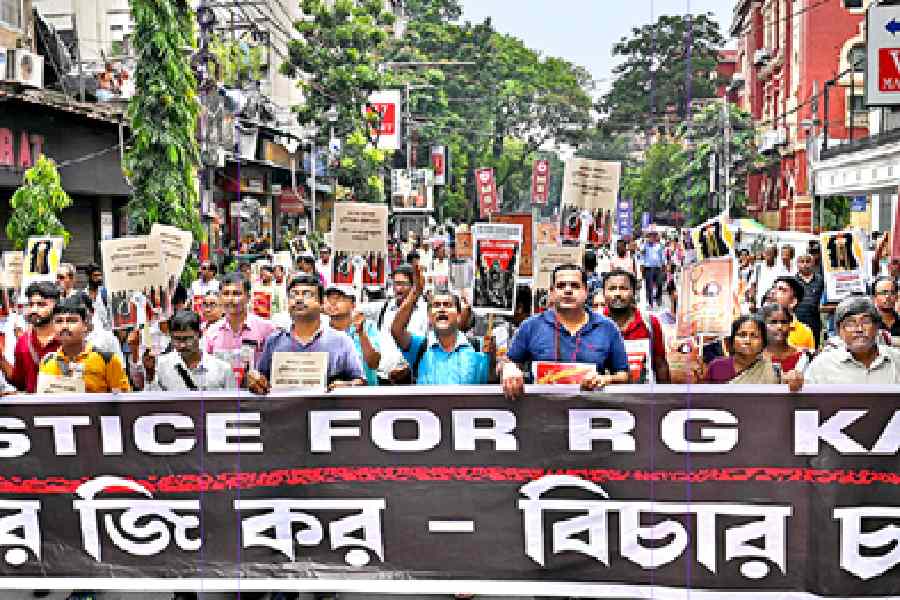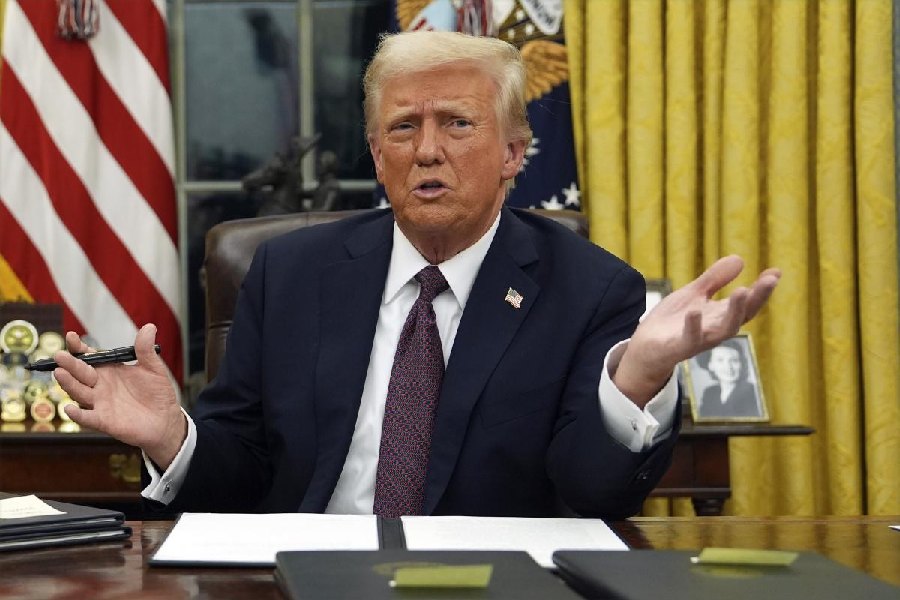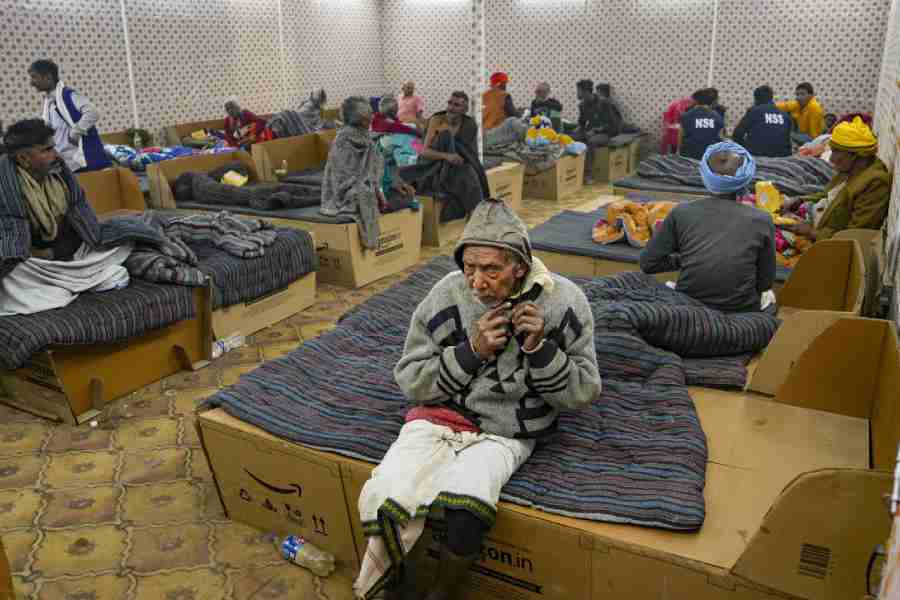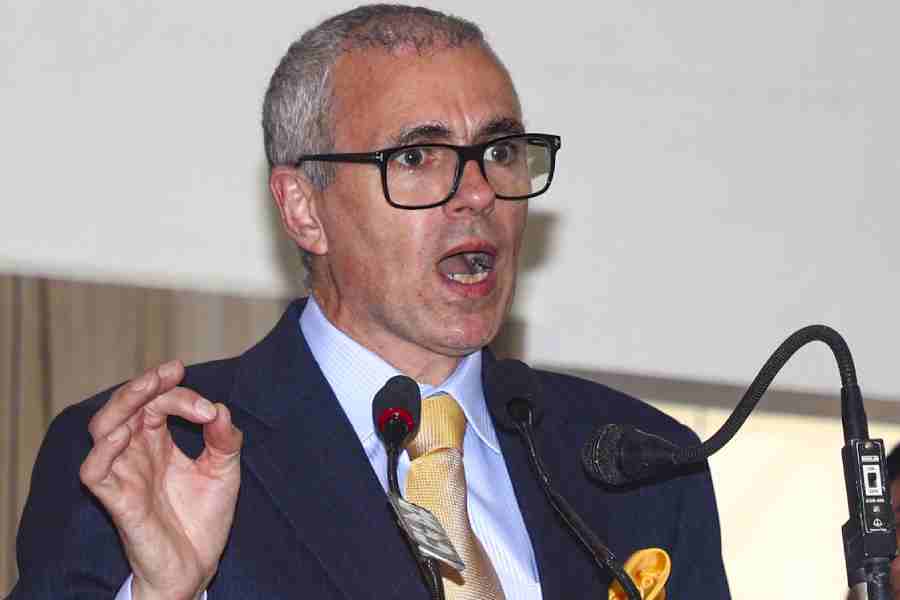Three junior doctors from the chest medicine department were among those who had signed a resolution saying the repair and renovation work at RG Kar Medical College and Hospital would begin from the third floor of the Emergency Building where the 31-year-old postgraduate trainee was found raped and murdered in a seminar hall on August 9, CBI sources said.
The demolition that began on August 12 was later dubbed as an attempt to destroy evidence from the crime scene, the sources in the central investigating agency said.
The demolition was halted following protests from a section of junior doctors. Some of these RG Kar junior doctors, on strike since August 9, said on Saturday that they were “unaware” of a formal decision to start the “repair and renovation” job from the chest medicine department.
Ahead of the demolition, two inspections of the chest medicine department were carried out on two days, August 10 and 12, the sources in CBI said.
Some of the colleagues of the postgraduate trainee of the chest medicine department who was raped and killed and doctor representatives from several departments were present during the inspections on the third floor of the hospital’s Emergency Building, the CBI sources said.
The final resolution stating the demolition work at the medical college and hospital would begin from the chest medicine department was drawn up on August 12 and workers began pulling down a sleep study room (which doctors of the chest medicine department would often use to rest) and a toilet adjoining the seminar hall on the third floor, the scene of the crime, within hours of this decision.
The CBI has found a document where some of the points of the final resolution have been noted. The sources showed Metro a copy of the resolution.
The document has the signatures of eight members, including a postgraduate trainee each from the first, second and third years along with that of the sister-in-charge and staff nurse of the chest medicine department.
Arunabha Dutta Chaudhuri, the erstwhile head of the chest medicine department, also signed the document along with the executive engineer of the public works department (PWD).
Some points that were decided upon on August 12 included:
- The sleep study room of the department will be “changed as sister dress change and rest room with attached toilet newly constructed”.
- “New entrance door will be required with collapsible gate facing corridor.”
- The chest department’s HDU (High Dependency Unit) room would be converted into a duty room for doctors on call with attached toilets. There would be provisions for “2+2” beds.
- The sisters’ room and the one for General Duty Assistants (GDA) would be converted to an air-conditioned HDU with separate washrooms for sisters and patients.
- There would be a wooden door each outside the corridor and “outside the doctor’s room”. There would be a two-way electric bell outside the main wooden door.
One of the junior doctors who had signed the resolution told Metro on Saturday
that during the discussions the authorities had told
them that renovation at the chest medicine department would be a priority.
“We submitted a plan for the repair and renovation work at the chest medicine department. But we did not know how the work would be finally executed,” said one of the junior doctors who had signed the resolution.
A junior doctor from another department of RG Kar said the officials from the PWD were asked when the renovation would begin but they did not specify a date.
“We asked them when the renovation work would start. They did not say anything. It is also true that we did not insist they inform us before starting any renovation work in the chest medicine department,” said the junior doctor.
“The demand was that the high dependency unit (HDU) be converted into a duty room. We knew patients had been shifted from the HDU but the renovation did not start there. Instead, the renovation started from the sleep room and a toilet, which were across the corridor from the seminar room where the doctor’s body was found. This raised the suspicion of evidence tampering,” said the junior doctor.
Sources in the CBI said they had questioned some of the junior doctors who signed the resolution.
“We have already spoken to some of the postgraduate trainees (PGTs) of the department who were present when the final resolution was drawn up and who had signed the document,” said a CBI insider, refusing to go into further details.
The first inspection of the chest medicine department by some of the PGTs and others from the institution took place immediately after a meeting involving Sandip Ghosh, the now arrested principal, senior health department officials and doctor representatives on August 10, CBI insiders said.
State health department officials had earlier told this newspaper that the work began in a rush to pacify the junior doctors and bring them back to work.
Senior officers of Kolkata Police said they had secured the crime scene adequately and it was never tampered with. A separate set of documents and evidence about how the place was secured have been handed over to the CBI, the police said.










